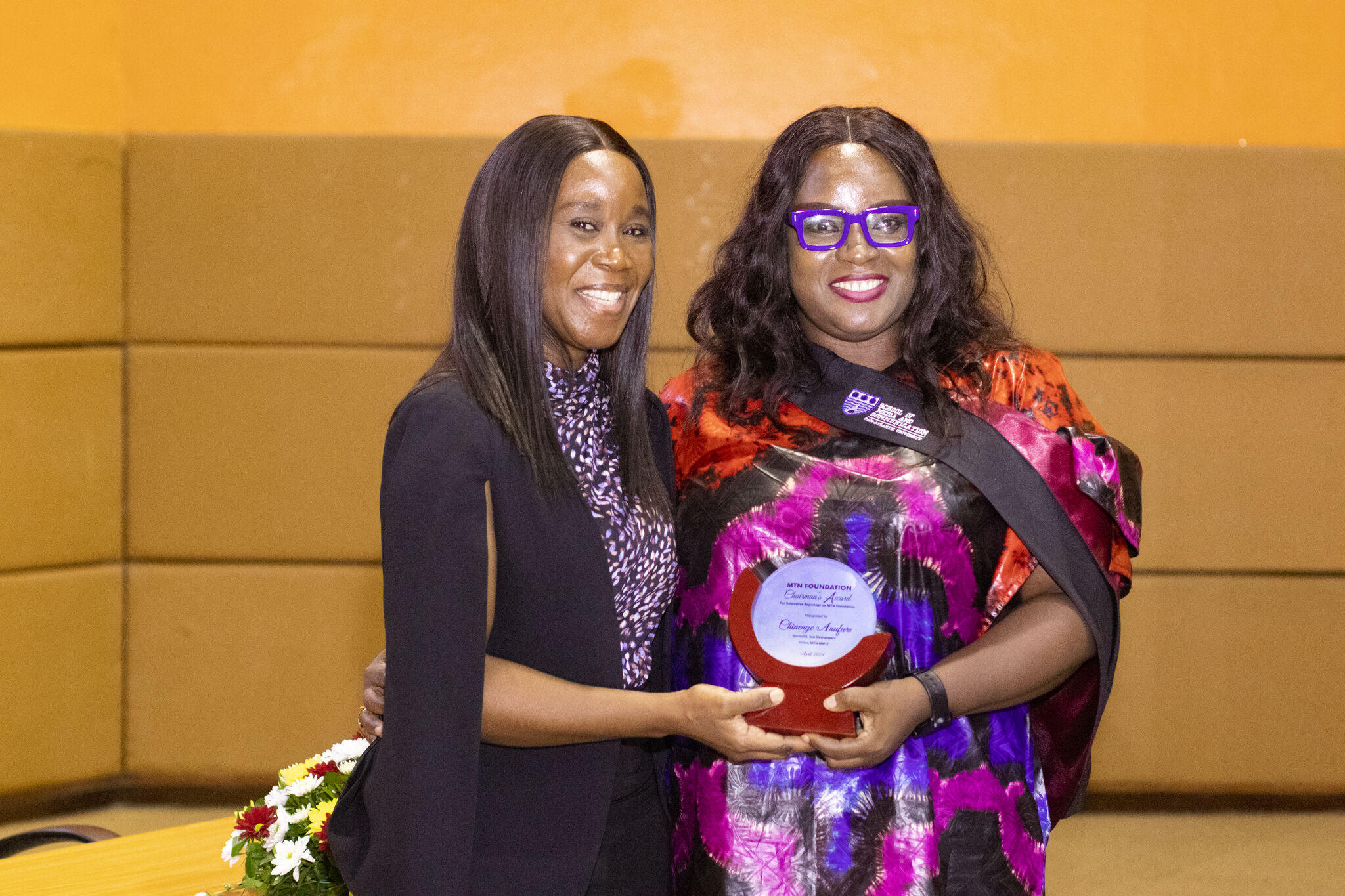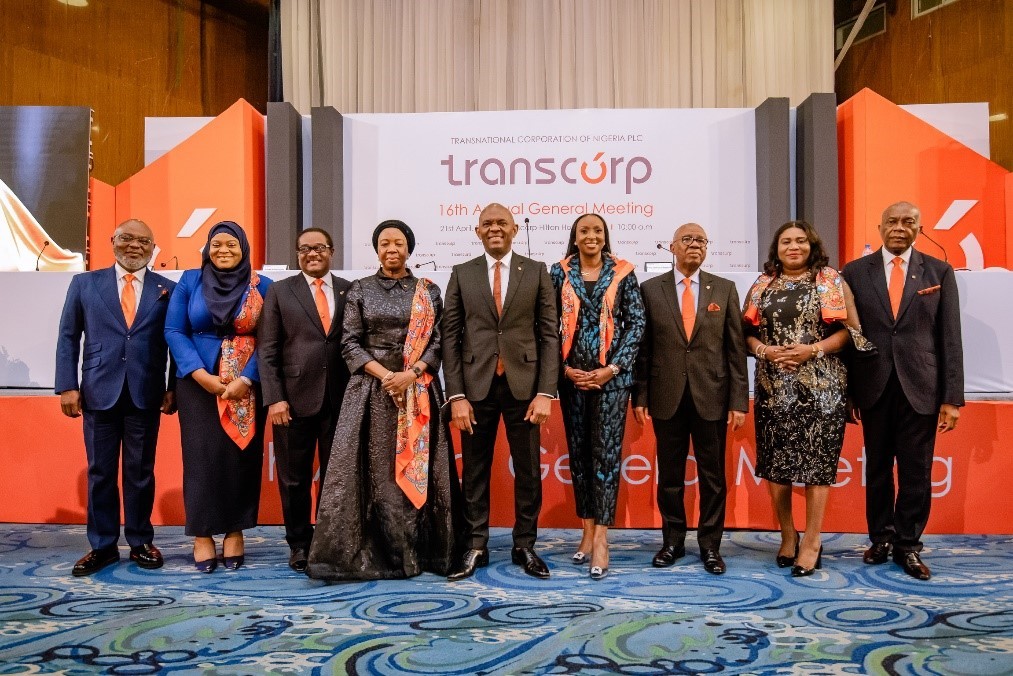Once a niche criminal enterprise, ransomware has become big business, complete with R&D departments and sales and marketing divisions. The deeply layered onion that is today’s ransomware attack landscape has been wreaking havoc in large enterprises in South Africa and across the globe.
Patrick Evans, CEO of SLVA Cybersecurity, says it only takes two hours to determine whether a network’s endpoint protection can be circumvented and if the organisation has controls in place to stop the encryption and ransomware behaviour: “Understanding an organisation’s current environment, and the likely costs of a ransomware attack, is crucial to making a more informed decision concerning security.”
Evans says the recent ransomware attack on TransUnion has undoubtedly raised concerns among enterprises about their own potential security vulnerabilities. Irrespective of the amount of protection currently in place, ransomware has evolved into a complex and sophisticated form of organised crime.
“While many people believe the victims of ransomware have not secured their networks, the truth is most organisations have made significant investments in information and cyber security. Features such as firewalls, endpoint protection, intrusion detection, patch management, and many others are all in place and form part of the organisation’s layered defence,” explains Evans.
In addition, large enterprises typically have teams of experts running security operations, governance and compliance programs and more than likely even have a CISO playing a critical role of information security executive. “There is no doubt that the majority of businesses today know that the weak link is the human element which poses a tremendous risk to the safety of the overall company. For these reasons they have run security awareness programs for well over a decade, all with the aim to make their employees and contractors aware of the risks they create when clicking on a link in a document or having easily guessable passwords,” he says.
Yet, with such extensive measures in place, the question as to how ransomware attacks happen remains. As with any organised crime unit, there usually is a syndicate at work. These syndicates are comprised of experts who know their way around a complex digital world, and it is this complexity with its multiple layers that make it easy for criminals to strike successfully.
If you think of a typical IT environment, there are endpoints, servers, mobile devices, networks, multiple applications, cloud, and service providers. Every individual item develops vulnerabilities that attackers can use to gain access to the network, endpoint or server. There are also other vulnerabilities that need to be patched, which in itself, is a complex task according to Evans: “Today, it is virtually impractical to patch everything all the time, so patching needs to be prioritised, based on the likelihood and impact of an attack. This requires intelligence about what is actually happening and needs to be collated, interpreted and insights derived in real-time.”
Legitimising the business of crime, as with organised crime, now includes ransomware, with these organisations often being registered as legitimate businesses. “There is nothing subtle about these businesses as their CEOs conduct TV and radio interviews, blatantly operating in countries which have no intention of stopping the activities because they bring in tens of millions of dollars of revenue,” says Evans.
He says this new, more organised form of ransomware or ransomware 3.0 kicked off in earnest in 2019. It is often referred to as ‘double extortion’ and is characterised by the theft of credentials, intellectual property and data while threatening public shaming and the organisation’s employees and customers. ”Threats to exfiltrate data in the absence of paying the ransom are 81 percent of the norm today, which is a worrying statistic.”
In ransomware 3.0, criminals are organised into mission-focused businesses, each playing a different role. There are developers of specialist attacks; access brokers who specialise in breaking into organisations and then selling that access; and finally, Ransomware-as-a-Service providers who work with affiliates to identify targets and then share the profit with the affiliates after successful attacks. They even have public relations departments that issue press releases and respond publicly to crises. Criminals also have crypto brokers and money launderers in the supply chain, which is, in essence, a multilevel eco-system of organised crime.
Ransomware 3.0 has also seen distributed denial of service attacks serving as a distraction or obfuscation of an attack, and it also sees the deployment of crypto-mining malware in a hybrid form of attack.
The organised criminal syndicates have developed knowledge and experience in industry verticals such as healthcare, retail, government and education, which Evans says enables them to identify whether they are the likely intended target or not: “The goal of a ransomware attack is maximum disruption of business-critical services. If they don’t achieve that, the ransom won’t be paid. As a result, these organisations often understand better than their intended targets what the business-critical services processes are and their interdependencies, and they target those with knowledge and foresight.”
The way forward, says Evans is to consider that ransomware is an advanced persistent threat or APT: “It’s important to note that attackers are playing a long game. Victims are tricked into letting an initial piece of malware in. And where an organisation is already a victim of a ransomware attack, attackers already know multiple vulnerable entry points and may still have malicious code embedded in that environment masquerading as a benign process.
Once in, it immediately downloads updates and additional malware getting instructions from command-and-control servers. The malware can be resident for between 8 to 12 months before it starts encrypting data. It scans the environment to determine what is being used as endpoint protection/AV/EDR and updates itself to avoid detection and spreads.
As it moves laterally, it collects credentials sending that information to command and control for hackers to use and learn as much about the environment as possible.”
He adds that the hackers will then study financial accounts and cyber insurance documents to determine how much that organisation can afford to pay or is insured for. All IP and the crown jewels of data will be discovered and exfiltrated. “To make matters worse, they will try to compromise data backups, making it impossible to restore the encrypted data.
Then, and only then, will they encrypt the data and ask for a ransom. But worse still, payment of the ransom is no guarantee that a data decryption key will be provided.”
While it might be tempting to believe ransomware attacks are directed at large enterprises because they grab the lion’s share of the headlines, Evans says this is simply not true. “All organisations, from the micro business to the parastatal, are potential targets: irrespective of industry vertical. Small to medium-sized organisations simply cannot absorb the financial loss following a ransomware attack.”
Current estimates suggest 60 percent of SMEs fall under business administration or face total business failure within six months of a ransomware attack, while a staggering 80 percent of organisations that are successfully attacked will suffer a second attack.
While there is no silver bullet, Evans says there are proven ways to prevent a successful attack. “Efficient cyber security defences, including an effective last line of defence against ransomware, inside a fit-for-purpose budget remains the most sensible starting point.”
Ends




















